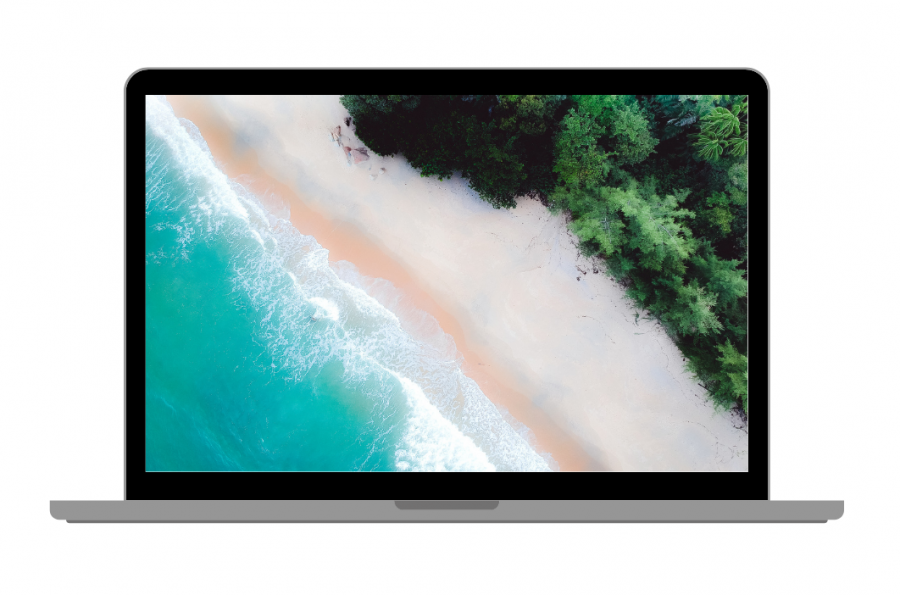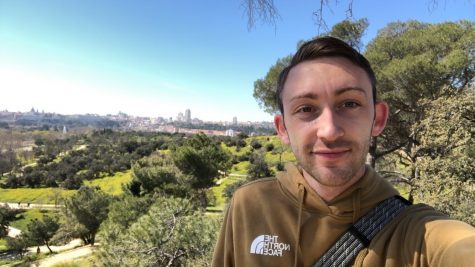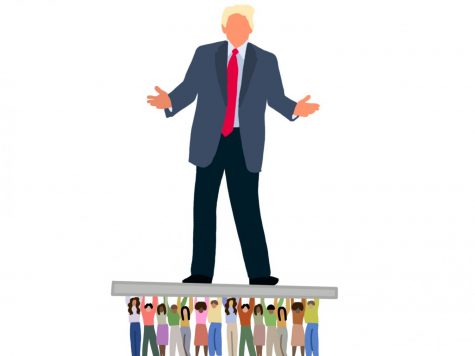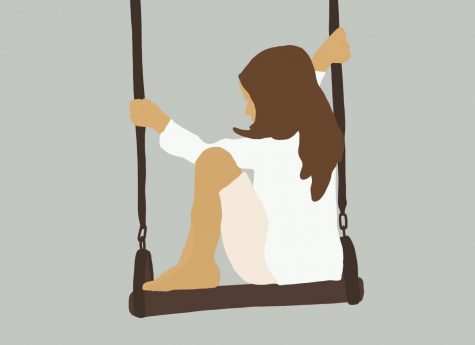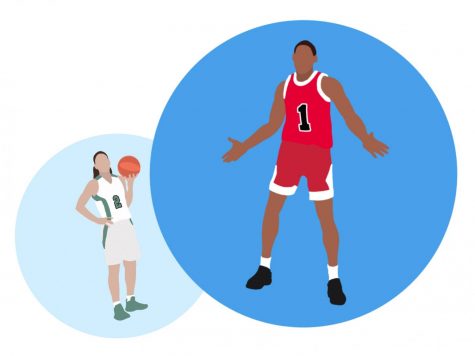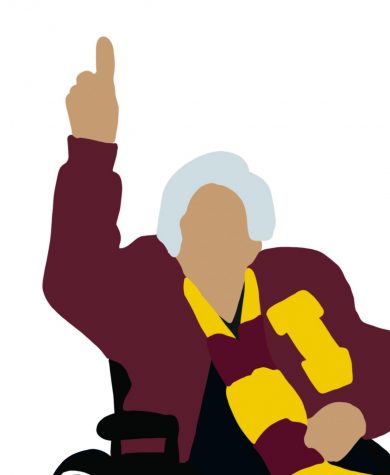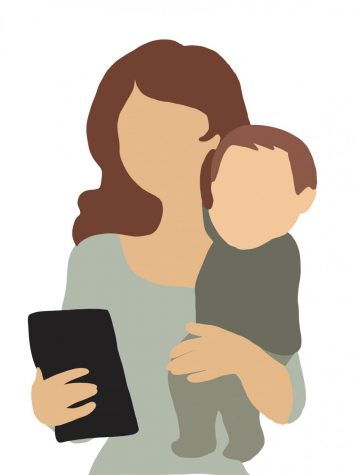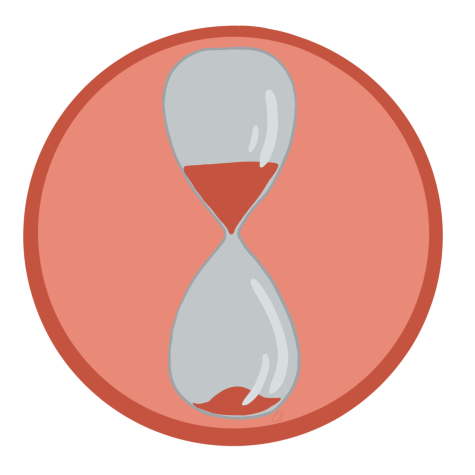Are We There Yet?
“Mental Health Days” aren’t really cutting it
That jarring alarm goes off every morning. I drag my hand around my nightstand trying to find my phone while my eyes are still closed; it’s time for another day of classes. At this point in the semester, the days have blended together and the weekends fly by. There’s no such thing as balance anymore. I roll right out of bed, still wrapped in my blanket, grab something small to eat and join the class Zoom.
Last October, the university announced the schedule for this semester. In the announcement, administrators said that it was designed to limit travel. In that respect, the schedule has worked…sort of. We still have the Zoom links to our classes, so someone could still travel to ski while also attending their classes. That’s something that I’ve seen on my personal Instagram feed. Vacation is impractical for most students though, so they stay on campus and keep doing what they’ve been doing for the past two months; namely, slogging through their school work.
It wouldn’t be unfair to assume that almost every student wants more than a random Thursday off. Some use the traditional week-long spring break as a time to completely forget about classes and schoolwork so they can relax. Others use it to work and earn money so they can pay their bills. Some do typical spring break things like go to Florida. Like everything else these days, our lives revolve completely around the pandemic. The university has been operating in this mode since March 2020 and they chose to skip out on spring break this year. We could’ve been sent out on break, like any normal year, and potentially have caused a massive outbreak in the dorms before spreading it to neighboring local communities. Or, we could have chosen to do what we are doing now. Obviously, we weren’t sent on break. I can’t blame the university for choosing this option because there were no good options anyways. From the beginning, it was damned if you do, damned if you don’t. Had the university sent us on break, it would have been the honor system keeping us from going to events jam packed with people. Looking at Florida, more specifically Miami Beach, that would’ve been unrealistic.
The problem now is that the mental health of many Americans has deteriorated significantly. Our giant Thanksgiving/winter break was two months, which is unusual, but we live in unusual times. In a Twitter thread by Dr. Jen Newton, Ph.D., the doctor simply stated that students should get an actual break. In the replies, some people asserted that people with jobs don’t get breaks. Some students angrily replied to these people by saying that they are both full-time students and workers. It’s not unrealistic to say that we’re in a better spot than we were a year ago. But how should we balance safe schedules and people’s mental health?
Students aren’t alone in feeling the crunch. Scrolling through internet forums, professors and instructors across the country are just as tired as we are. The content of their posts highlights that they have a never ending fire hose of work aimed at them that has been made worse by the pandemic.
Not having the motivation to do any work isn’t an uncommon feeling now. It’s something that I’ve felt on some weekends. Sometimes on the weekend, I do nothing for a day and instead spend it watching shows on Disney+. Is it a good idea? Probably not. But, it does help take my mind off of school work, even if it’s only for a few hours. Taking care of ourselves is especially important at this time, given the limited break days we have and the sensation of getting blasted with information everyday. Some may bottle up their frustration or feelings because they have a sense that they don’t have it so bad compared to others. While that may be true, your experiences are no less important or valid than anyone else’s. While it certainly would’ve been nice to have had an extra break day, we’ve been given three. It’s also easier said than done to tell you to do x, y and z. You know what works best for you.
Recently, a Yale student took their own life. His death highlights the reality of becoming overloaded with work, yet many are silent about it. I hope that this is a wake up call for universities to reexamine their approach to how work is assigned. In higher education, for some reason, there are people who take pride in how much strain that they can put on themselves and brag about how little sleep they get each night, or how much work they can do in one sitting. This is obviously unhealthy. There shouldn’t be any pride in overworking yourself to the point where you are so exhausted you fall asleep at your desk taking notes during a lecture.
The condensed calendar puts a strain on everyone involved. There is an urgency to not fall behind, otherwise we may not learn material that is essential to the next class next semester. Even though we are a year into this awkward situation, we’ve adapted to it and it’s odd quirks— but it’s still not great. Will some online learning stick around going forward? Probably. But hopefully we’ll be back to a normal schedule soon.
Your donation will support the student journalists of Saint Louis University. Your contribution will help us cover our annual website hosting costs.


